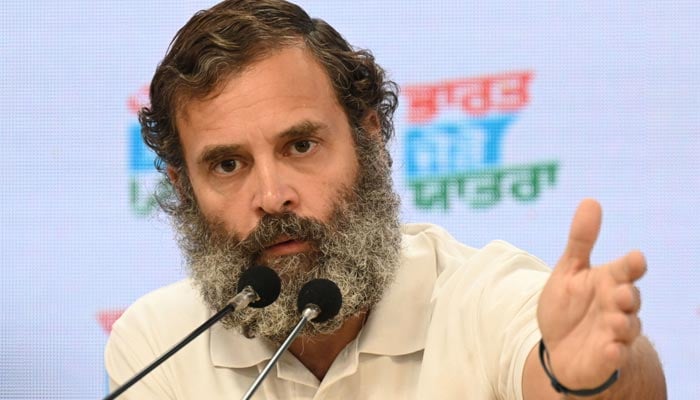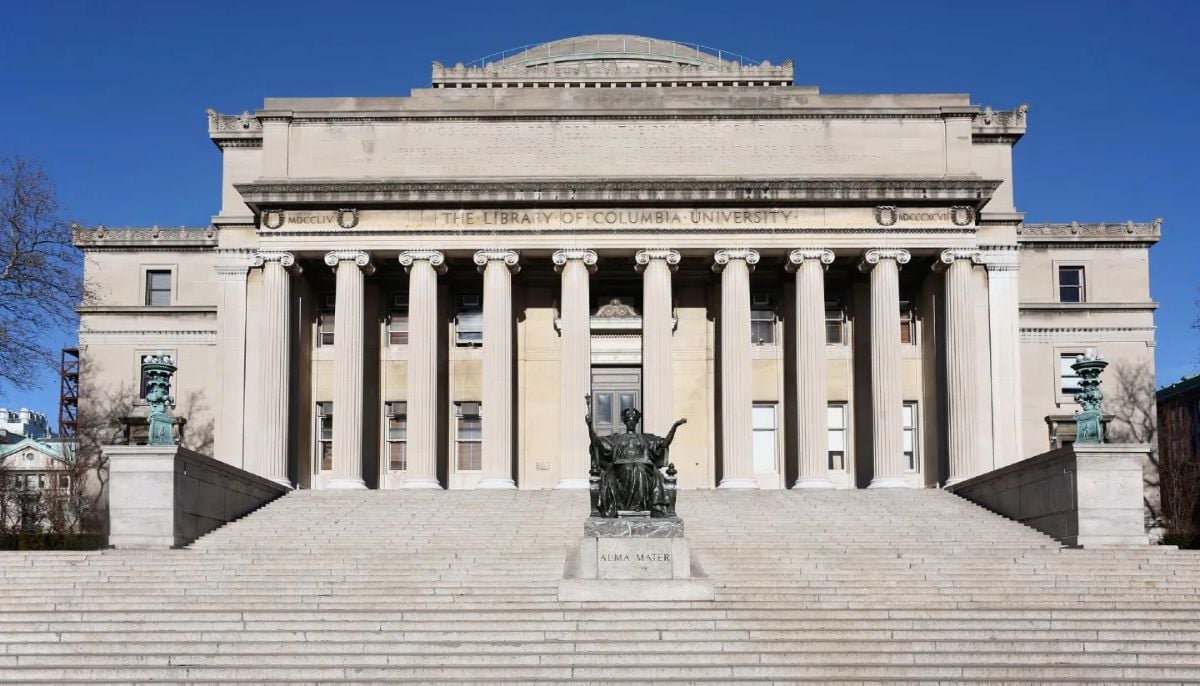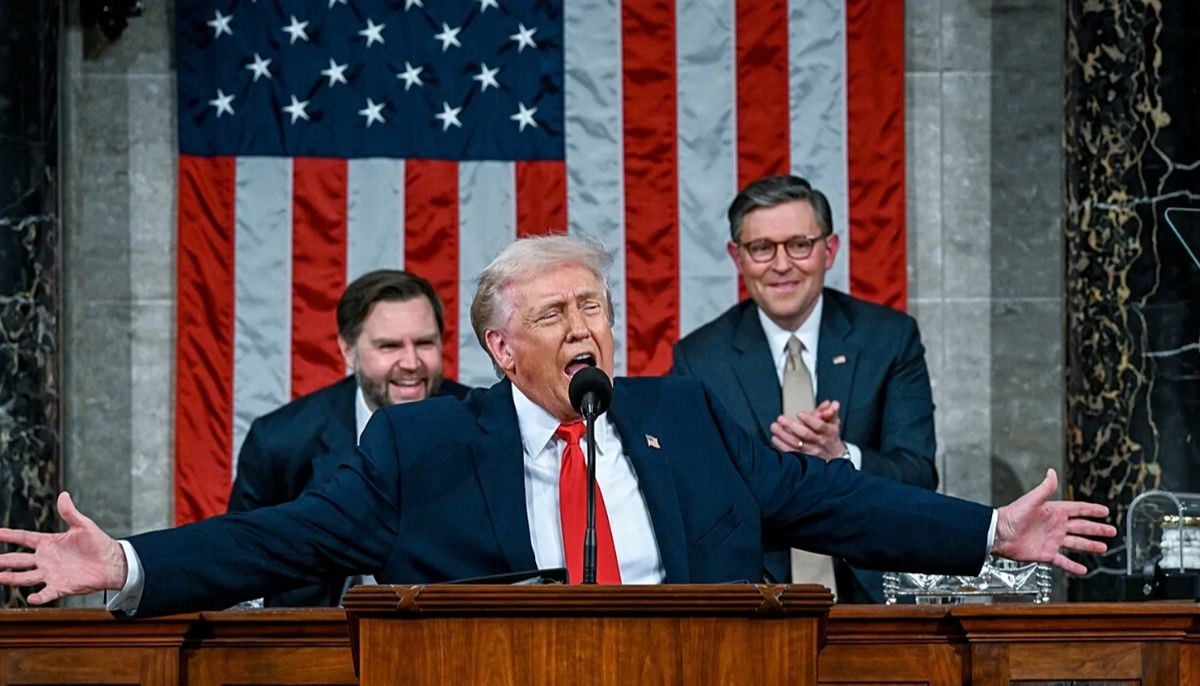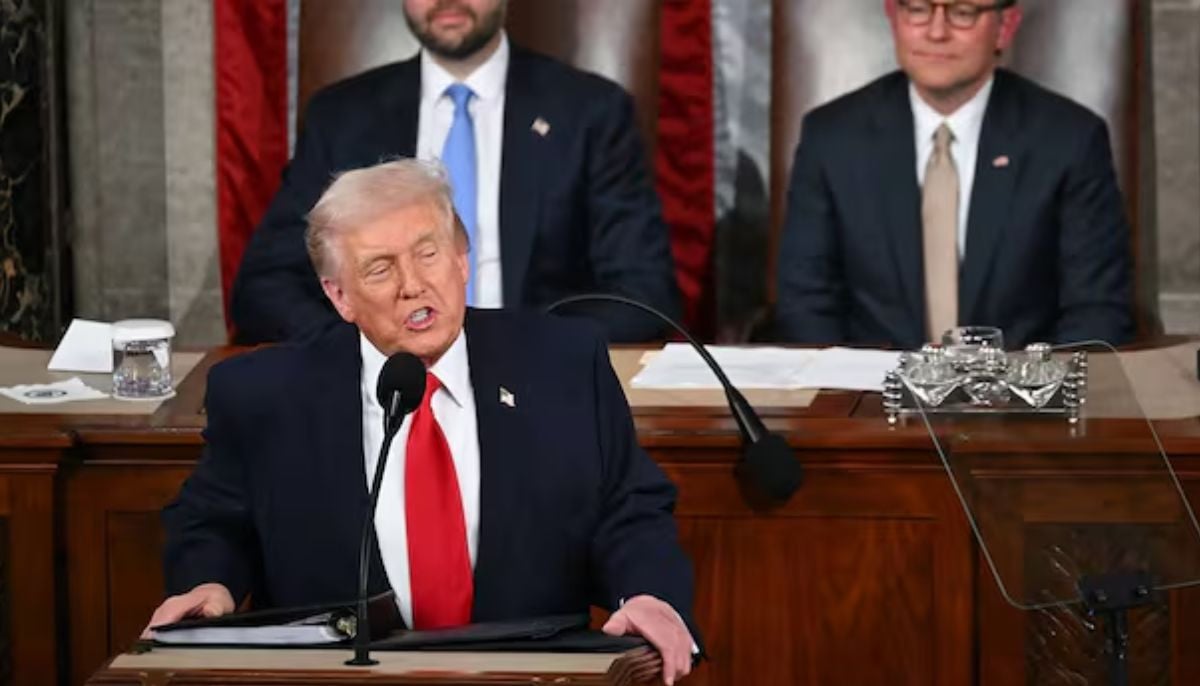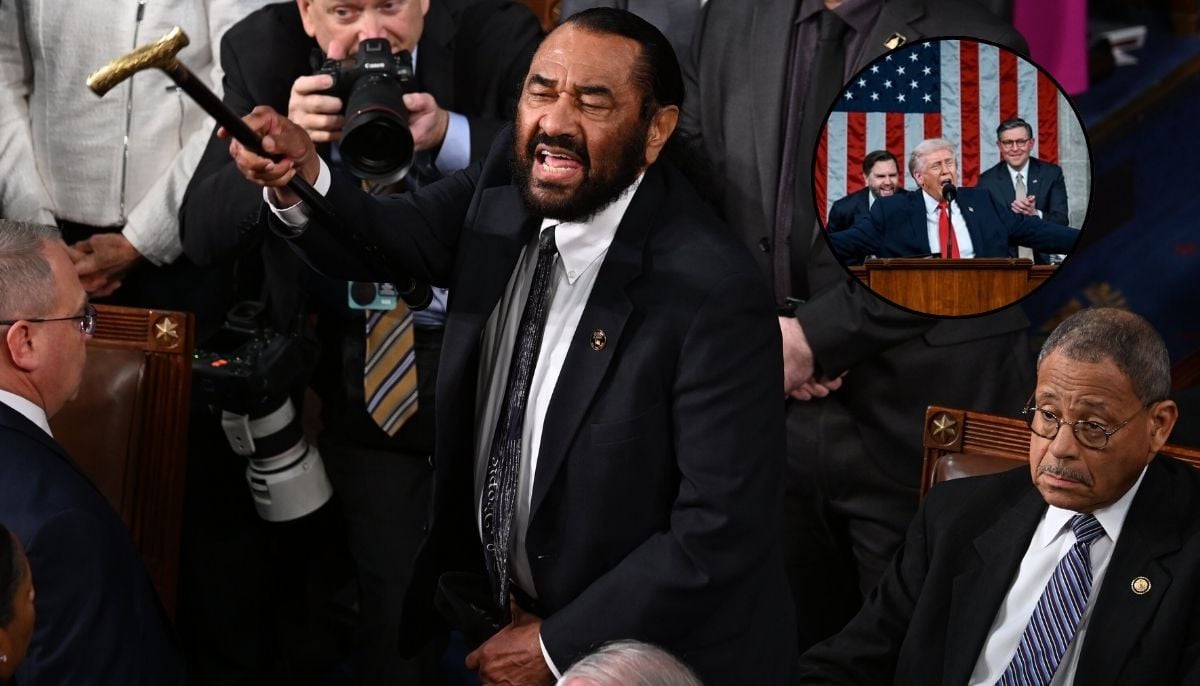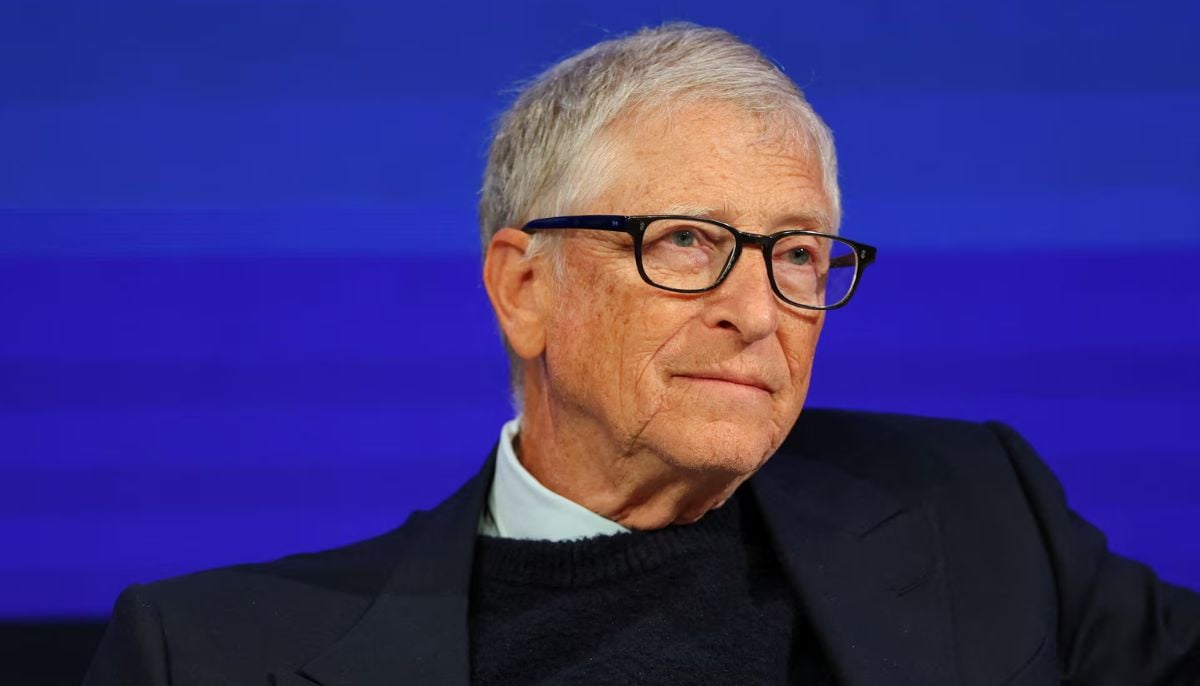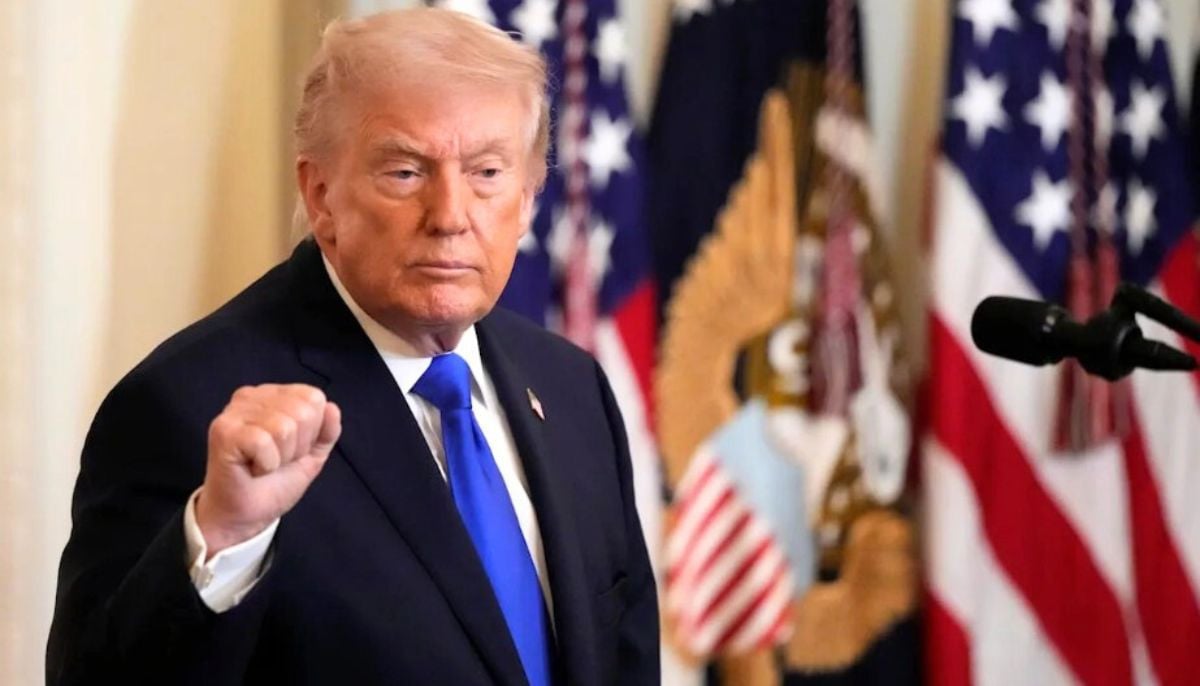Rahul Gandhi vows to keep fighting after removal from parliament
"I have been disqualified because prime minister... is scared of next speech that is going to come on Adani," Gandhi tells reporters.
NEW DELHI: Top Indian opposition figure Rahul Gandhi said Saturday he would keep fighting for democracy after blaming his expulsion from parliament on his demands for a probe into a key business ally of Prime Minister Narendra Modi.
Gandhi, 52, was stripped of his parliamentary seat on Friday, a day after he was convicted of defamation in Modi's home state of Gujarat for a 2019 campaign trail remark seen as an insult to the premier.
Modi's government has been widely accused by political opponents and rights groups of using the law to target and silence critics, but Gandhi said he would not bow to intimidation.
"I will do whatever I have to do to defend the democratic nature of this country," he told reporters.
"They are used to everybody being scared of them," he said, in reference to the ruling party. "I am not scared of them."
The removal from the parliament of Modi's chief opponent comes at a time when the prime minister's relationship with Gautam Adani, one of India's most powerful industrialists, has been under scrutiny.
Modi has been a close associate of Adani for decades but the latter's business empire has been the subject of renewed attention this year after a US investment firm accused it of "brazen" corporate fraud.
Gandhi's opposition Congress party has for weeks demanded a proper investigation by the parliament of the allegations.
"I have been disqualified because the prime minister... is scared of the next speech that is going to come on Adani," Gandhi told reporters.
"I will continue to ask the question — what is the prime minister's relationship with Mr. Adani?"
Congress supporters held small protests in several cities around the country on Saturday to protest against Gandhi's removal as a lawmaker.
'Due judicial process'
Gandhi is the leading face of Congress, once the dominant force of Indian politics but now a shadow of its former self.
He is the scion of India's most famous political dynasty and the son, grandson and great-grandson of former prime ministers, beginning with independence leader Jawaharlal Nehru.
But he has struggled to challenge the electoral juggernaut of Modi's Bharatiya Janata Party (BJP) and its nationalist appeals to the country's Hindu majority.
The lower house of parliament ruled him ineligible to continue sitting as an MP on Friday, a day after his conviction in the defamation case.
The prosecution stemmed from a remark made during the 2019 election campaign in which Gandhi had asked why "all thieves have Modi as (their) common surname".
His comments were seen as a slur against the prime minister, who went on to win the election in a landslide.
Members of the government also said the remark was a smear against all those sharing the Modi surname, which is associated with the lower rungs of India's traditional caste hierarchy.
Gandhi was sentenced to two years imprisonment on Thursday but walked free on bail after his lawyers vowed to appeal.
A BJP spokesman said Thursday that the court acted with "due judicial process" in arriving at its judgement.
'Emasculation of democratic institutions'
But legal action has been widely deployed against opposition party figures and institutions seen as critical of the Modi government in recent years.
Gandhi faces several other defamation cases in the country and a money-laundering case that has been snaking its way through India's glacial legal system for more than a decade.
Indian tax authorities in February raided the BBC's local offices, in weeks after the broadcaster aired a documentary on Modi's conduct during deadly sectarian riots decades ago.
The Editors Guild of India said then that the raids were part of a wider "trend of using government agencies to intimidate or harass press organisations that are critical of government policies".
Congress spokesman Abhishek Manu Singhvi told reporters on Friday that the verdict represented the "emasculation of democratic institutions by the ruling party".
-
Nobel-winning scientist resigns from Columbia university after Epstein links revealed
-
At least 30 dead after heavy rains hit southeastern Brazil, 39 missing
-
Japan plans missile deployment near Taiwan by 2031 amid growing regional tensions
-
Trump delivers longest State of Union address in history: Inside key details on economy, security and global strategy
-
Trump’s 2026 State of Union address: Inside key takeaways, major policy shifts & top announcements
-
Rep. Al Green removed from House chamber during Trump’s State of Union address: Here’s what happened
-
Bill Gates breaks silence on Epstein links, ‘took responsibility for his actions’ during town hall meeting
-
President Donald Trump delivers the traditional State of the Union address to Congress
